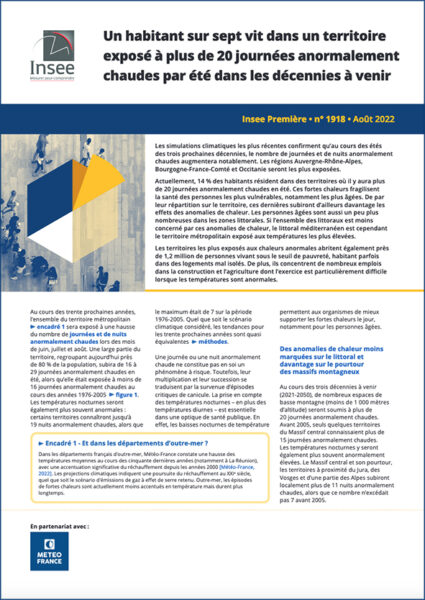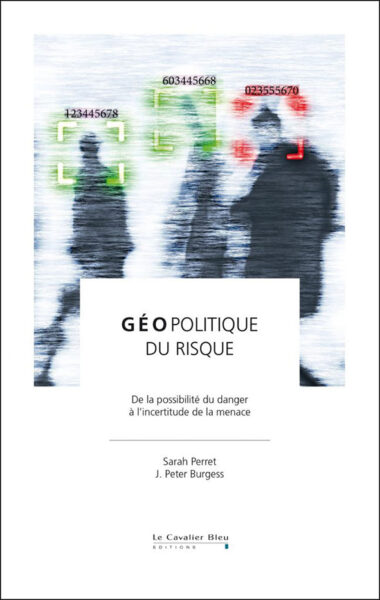What a strange country France is, where the state claims to be the sole and exclusive embodiment of the common good and yet, as a result, it is incapable of tolerating the existence of independent agencies where discussions could take place that might challenge the rightness of public decision-making. Jean-Jacques Salomon provides yet another example, writing from his own experience as the President of the Collège de la prévention des risques technologiques (CPRT), set up by Michel Rocard when he was French Prime Minister.
Jean-Jacques Salomon starts by stating what he understands by the precautionary principle, which is all too frequently accused of paralysing the spirit of invention and innovation necessary for progress. He goes on to stress how important it is to have independent agencies capable of assessing advances in science and technology, given that the applications are, as we all know, becoming ever more ambivalent, their potential outcomes ranging from the best to the worst. Yet, as the former President of the CPRT argues, these agencies are misfits in the French political and institutional system, and the authorities therefore suspect them of wanting to hinder the projects drawn up by the orthodox civil service.
After explaining how the CPRT operated, illustrating his account with several particularly striking examples, Jean-Jacques Salomon describes how the Collège finally came to be closed down. In addition to this specific instance, he obviously also demonstrates clearly the French public authorities’ desire to run everything their way without countenancing the slightest opposition, nor even accepting that their choices should be a matter for democratic debate, highly necessary though that is.
Precaution and Democracy. A Short History of the CPRT
Cet article fait partie de la revue Futuribles n° 311, sept. 2005



